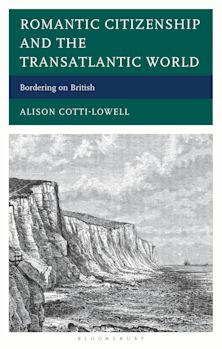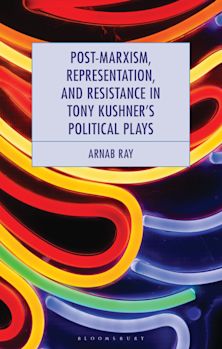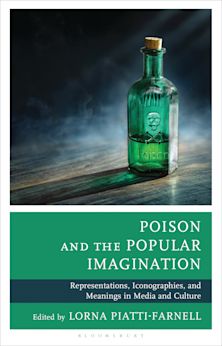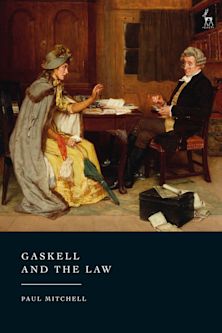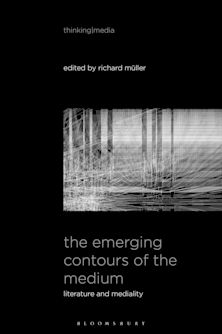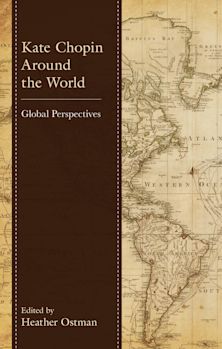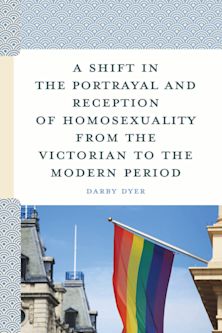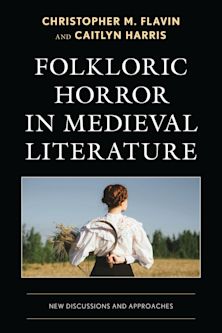Dante's Comedy and the Ethics of Invective in Medieval Italy
Humor and Evil
Dante's Comedy and the Ethics of Invective in Medieval Italy
Humor and Evil
Description
Dante's Comedy and the Ethics of Invective in Medieval Italy proposes a new approach to invective and comic poetry in Italy during the thirteenth and fourteenth centuries and opens the way for an innovative understanding of Dante’s masterpiece. The Middle Ages in Italy offer a wealth of vernacular poetic invectives—polemical verses aimed at blaming specific wrongdoings of an individual, group, city or institution— that are both understudied and rarely juxtaposed. No study has yet provided a scholarly examination of the connection between this medieval invective tradition, and its elements of humor, derision, and reprehension in Dante’s Comedy. This book argues that these comic texts are rooted in and actively engaged with the social, political, and religious conflicts of their time. Political invective has a dynamic ethical orientation that is mediated by a humor that disarms excessive hostility against its individual targets, providing an opening for dialogue. While exploring medieval comic poems by Rustico Filippi (from Florence), Cecco Angiolieri (from Siena), and Folgore da San Gimignano, this study unveils new biographical data about these poets retrieved from Italian state archives (most of these data are published here in English for the very first time), and ultimately shows what the medieval invective tradition can add to our understanding of Dante’s Comedy.
Table of Contents
Chapter 2: The Role of Invective in Medieval Tuscany
Chapter 3: Rustico Filippi of Florence and the Guelph and Ghibelline Wars
Chapter 4: Cecco Angiolieri of Siena: Blame and Parody under the Governo dei Nove
Chapter 5: War Propaganda, Activism, and Knighthood in Folgore da San Gimignano
Chapter 6: Humor and Evil in Dante’s Global Invective
Chapter 7: Conclusion
Product details
| Published | 13 Nov 2019 |
|---|---|
| Format | Ebook (PDF) |
| Edition | 1st |
| Extent | 1 |
| ISBN | 9798881884482 |
| Imprint | Lexington Books |
| Illustrations | 9 b/w illustrations; |
| Series | Studies in Medieval Literature |
| Publisher | Bloomsbury Publishing |
Reviews

ONLINE RESOURCES
Bloomsbury Collections
This book is available on Bloomsbury Collections where your library has access.












